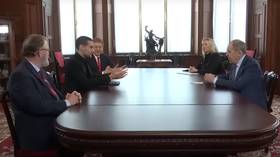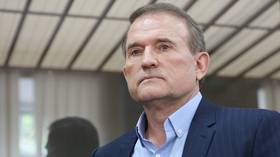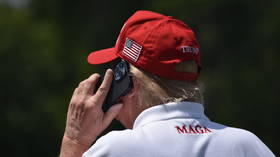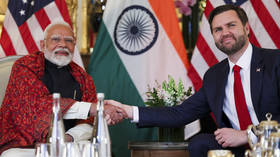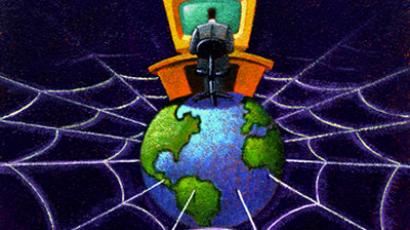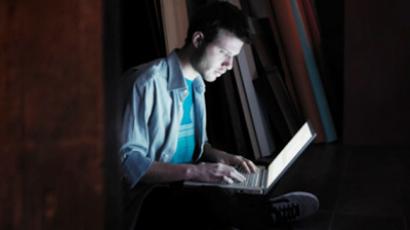ISPs to start legally spying on Internet traffic
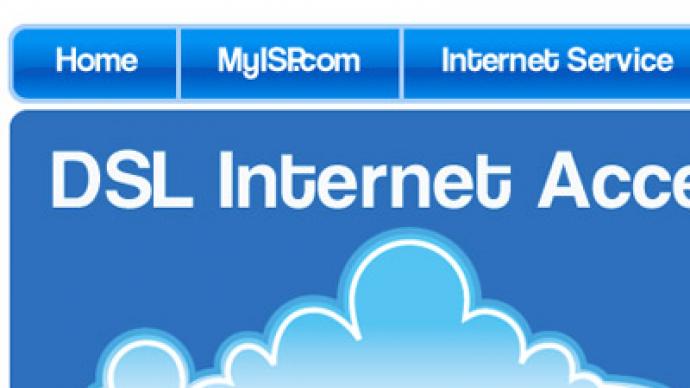
The biggest telecom companies in the US are ready to roll out a long-rumored “six strikes” plan to restrict Internet access for repeat violators of copyright crimes, with one of the top proponents involved saying sanctions will start later this year.
Jill Lesser, the executive director of the Center for Copyright Information, tells reporters with Wired that AT&T, Cablevision Systems, Comcast, Time Warner Cable and Verizon will all soon subject customers suspected of breaking copyright infringement laws to certain “mitigation measures,” a series of steps meant to discourage piracy and illegal file sharing by means of making offenders read educational information about Internet crimes, slowing down their connection speed and perhaps even pulling the plug on the Web connection altogether.The country’s top telecommunications companies have been discussing plans to implement a “six-strike” system of lobbing repeat copyright criminals with increasingly harsher sanctions for several years now and were last expected to roll out the program earlier in 2012. Due to a whirlwind of criticism aimed at the music and movie industry after Hollywood lobbied Washington lawmakers relentlessly to try and pass stringent legislation that would limit access to intellectual property online and restructure the Internet as we know it, though, efforts to establish the mitigation measures as a way of making an impact on suspected scofflaws was swept under the rug.Gigi Sohn, president of digital rights group Public Knowledge, tells Wired that the criticism waged against the entertainment industry after lobbyists tried to have the Stop Online Piracy Act and the Protect IP Act signed into law stopped telecoms from starting the six strikes program earlier this year as previously planned, but the public’s comparatively compliant attitude over Washington and Hollywood’s relationship as of late may have finally allowed the industry to start with the sanctions.“SOPA and PIPA definitely had an impact. There was some concern, if they moved ahead too quickly, public opinion would be so raw, this would be caught in the whirlwind of bad PR,” Sohn tells Wired.Now with the telecoms thinking the coast is clear, the six strike program is expected to be put into effect before the end of 2012, and with it a warning for anyone with an Internet connection: be careful of what you files you copy, because repeat warnings could lead to ISPs canceling your account.Once an Internet Service Provider catches a customer conducting one fishy file-transfer of an unauthorized item, the ISP can send over a simple “alert” that cautions against future infractions. With the second strike, violators will be automatically forwarded to an educational splash page that informs suspected criminals of the cons of file sharing.The third and fourth alerts, reports Wired, are likely to be warnings that require the user to acknowledge their actions, but with the fifth and sixth strikes come serious sanctions: according to the ground rules being adopted by the telecoms, “temporary reductions of Internet speeds, redirection to a landing page until the subscriber contacts the ISP to discuss the matter or reviews and responds to some educational information about copyright, or other measures (as specified in published policies) that the ISP may deem necessary to help resolve the matter” are all fair responses for serial copyright criminals. After six strikes, Internet providers may pull the plug on a copyright criminal’s entire connection, but no ISPs have officially agreed to implement that as a sanction for so-called scofflaws."We anticipate that very few subscribers, after having received multiple alerts, will persist (or allow others to persist) in the content theft,” the Center for Copyright Information wrote in a statement published last year. National Cable & Telecommunications Association President James Assey has offered his support for the program, as have the Recording Industry Association of America and the Motion Picture Association of America — the two biggest trade groups in Hollywood. But even if the strike system is set up to crack down on copyright infringement in the very near future, the odds of actual legislation being added to the books soon might be more bad than good. Former Sen. Chris Dodd, the current chairman of the MPAA, told Wired last week that the SOPA and PIPA bills he once touted are “over,” and “not coming back.” Meanwhile, ISPs will only scour peer-to-peer file sharing networks for copyright infringement, leaving violators that rely on torrents, cyberlockers and other sharing services in the clear — for now.



